Over the past couple of years of tracking women’s DI hockey, I had a hypothesis that team success was highly correlated with the total experience (i.e. the numbers of years playing college hockey) of the players. I thought of it like an equation:
Team Skills x Team Experience x Coaching = Team Success
Note: This definition of Coaching includes all the resources and coaches (like strength & conditioning or video) associated with a program, not just the 3 or 4 primary team coaches.
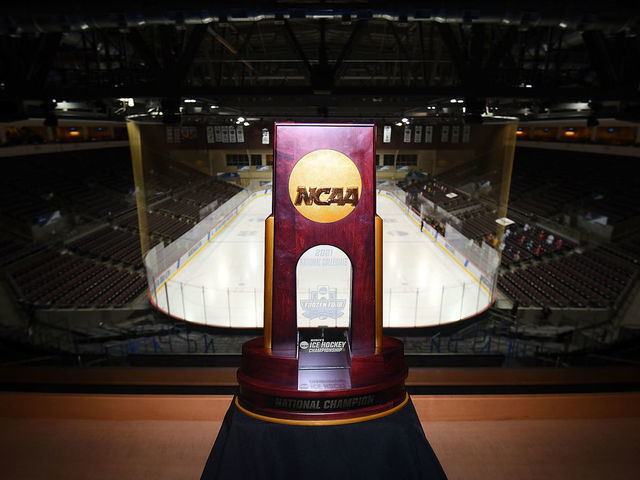
While Team Skills seemed intuitively the most important attribute, I hypothesized that Team Experience would be close behind. However, the analysis I conducted shows that Team Experience is a necessary but not sufficient requirement for being a ranked team. So, scoring high in all 3 attributes creates a powerhouse team. But, having a huge amount of Skills could still make up for a lack of Team Experience.
First let’s look at the data. To normalize for the different roster sizes (since there is a range of 20 to 33 players across all 44 DI teams), only the oldest 21 players were included in the Team Experience calculation. This number was based on how many players typically dress for any single game. And then assumes if any first-year players are on a large roster team, they must be playing like they have at least 1 year of experience. Since it is too time consuming to calculate the actual team experience by game, this seemed like a reasonable proxy.
Team Experience Rank
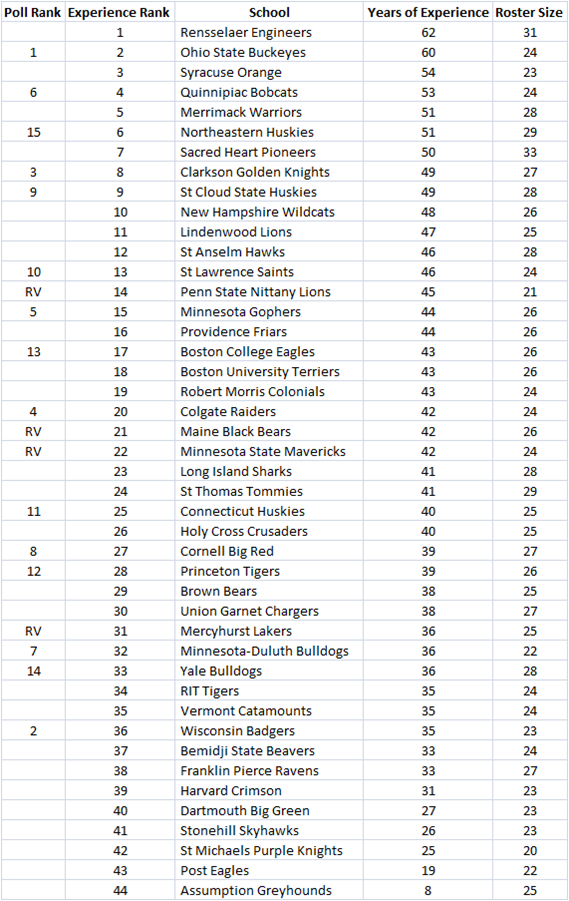
USCHO Top 15 Poll Rankings with Team Experience Data
on January 15, 2023
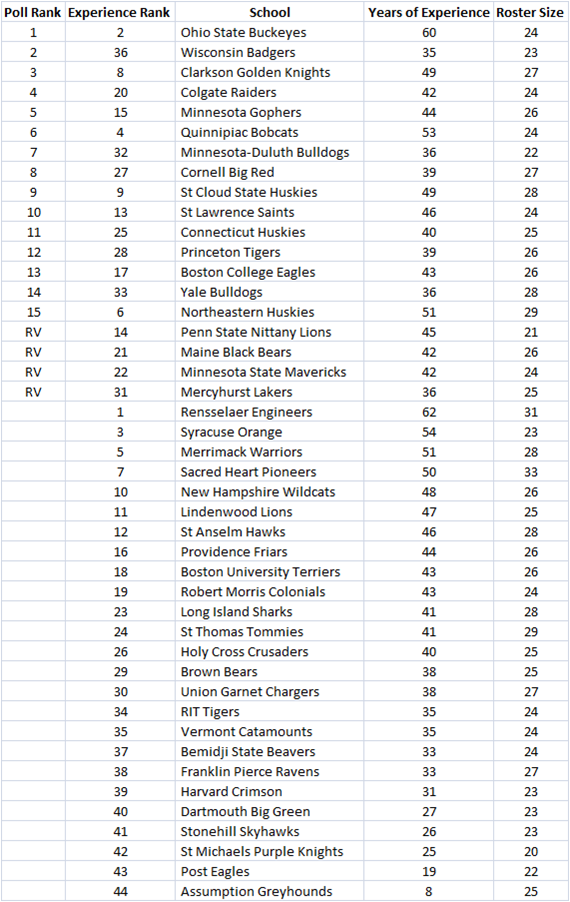
From the analysis, the teams seem to be segmented into 5 categories:
1. Doing well as expected
Clearly Ohio State has all the key ingredients needed for success. The #2 most experienced team, lots of skill and one of the best coaching staffs in the country.
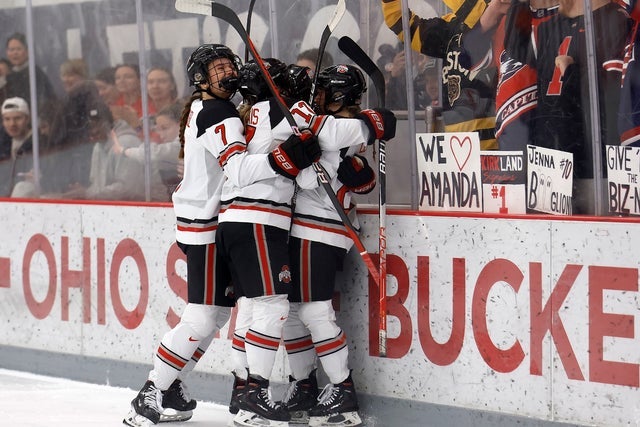
2. Doing well with an experienced roster
There are a few teams that appear to be peaking with experienced rosters. They also have some highly skilled players, but not as deep as the powerhouse teams. These include St Cloud State, Quinnipiac and Clarkson.
3. Doing well with an inexperienced roster
The most skilled teams tend to do well year-after-year. These include Wisconsin, UMD and Minnesota.
4. Not doing well with an inexperienced roster
Some teams that have done well in the past, are not doing as well this year – likely due to having such a young set of players. These include: Harvard, Vermont and Bemidji State.
5. Not doing well with an experienced roster
Without a deeper dive into the individual skill-level for each player on these teams, it’s hard to know exactly why they aren’t higher in the rankings. But the following teams have a ton of experience, but haven’t been able to translate them into a Top 15 ranking: RPI, Syracuse and Merrimack
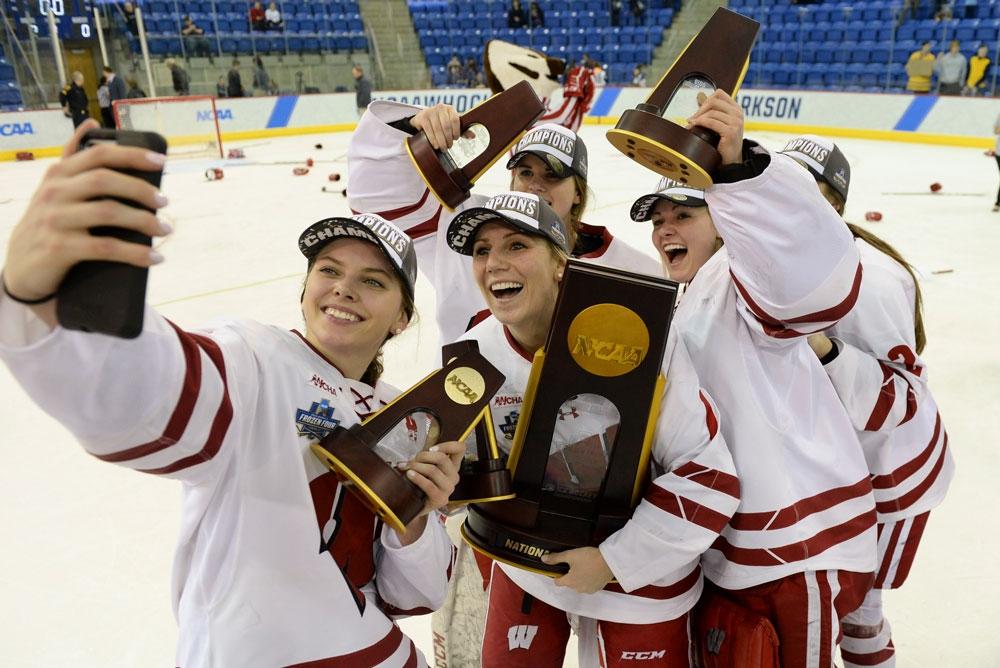
Estimating the Team Success Equation
The original hypothesis that Team Experience would contribute more than 1/3rd of the weighting to team success now seems too generous. Without doing a more rigorous statistical correlation (r-squared) analysis , it seems be more in the 1/5th range (plus or minus). This in turn implies the disproportionate importance of Team Skills regardless of experience.
Implications for Recruiting
If you are not going to a perennial powerhouse team (e.g. the top WCHA teams), incoming recruits should be aware of where the program they are joining. Which years are the current most-skilled players on the roster? If those top players will be graduating as you will be an incoming recruit joining the program, you should expect that it may take some time to rebuild the team. At the same time, if the highly skilled players are in their first or second year, then a recruit could be part of the immediate success of the team. Recruits should be aware of the risk that a team could peak then regress as they join the program.
